What Does “Base Year” Mean in Your Office Lease? And What Does it Mean to your Bottom Line?
If you have an office lease, it probably contains a provision called `base year’. What this usually means to you is more lease money out of your pocket.
`Base year’ is a method that is used to estimate your share of your office building’s basic expenses, such as taxes, insurance, utilities, trash, lawn care, snow removal, janitorial services, repairs, maintenance, and so on. Since most landlords do not want to pay these costs, or cover the increases in these costs, they typically pass them along to you and your fellow tenants.
In this situation, the landlord pays for these expense items as they occur, but each tenant pays for their estimated share of the expenses. Thus, the landlord estimates the costs and spreads the amount based upon the percentage of the property each tenant occupies. Typically, the landlord will also provide some of the services needed for the common area and will assess a common area maintenance charge (CAM) to you and your fellow tenants as well.
The landlord then quotes a rate that includes paying the taxes, insurance premiums, utilities, and CAM for you and your fellow tenants to pay. Plus, in order to protect themselves from escalating costs, landlords will also include either a base year or expense stop as part of this rate.
In a `base year’ approach, the landlord represents that the quoted rate will include the costs that were incurred for taxes, insurance and CAM equal to what was spent in a given year. The year could be last year, this year or next year. Which `base year’ is used often depends on the time of the year that the lease is signed.
Note that the landlord and you as the tenant will not know at the time of signing the lease what the base year amount is, if either this year’s or next year’s expenses are used. It will usually be to the landlord’s advantage to use the earliest year possible and to your advantage as the tenant to use the latest.
An expense stop is similar to a base year, except instead of using the actual number for a given year, the landlord simply quotes an amount. If the expenses are higher than that amount, you the tenant will have to pay your portion of the increase. If your lease includes an expense stop, you should take care that it is in line with expected costs. If your expense stop is somehow too low, you may have significant overages to pay.
If you’d like to know more about your current lease and whether or not your expenses are contingent upon an appropriate `base year’ or expense stop approach, please let us know.
Before you negotiate your next lease, be sure to contact Community First Commercial Real Estate at 720.435.2191 for a FREE LEASE ANALYSIS, with ways to SAVE THOUSANDS on your office lease.



